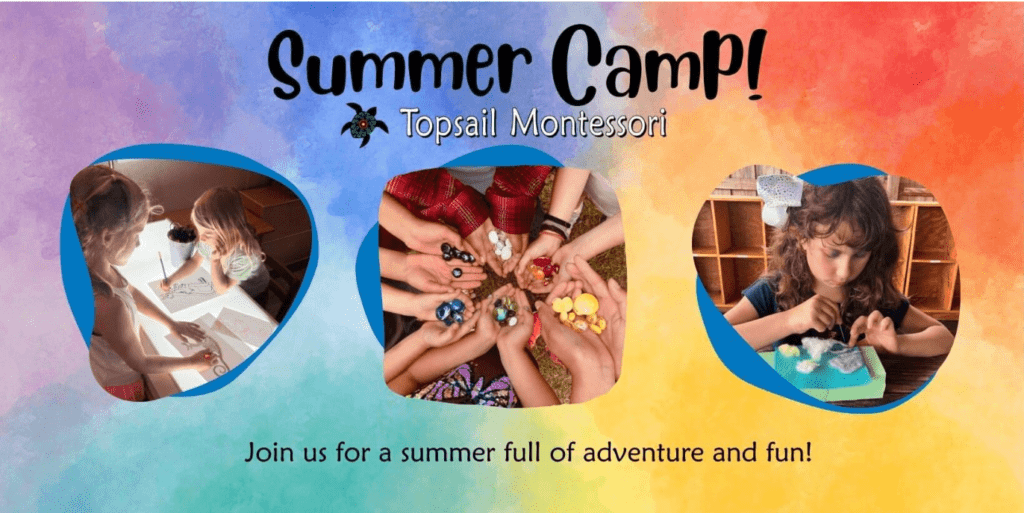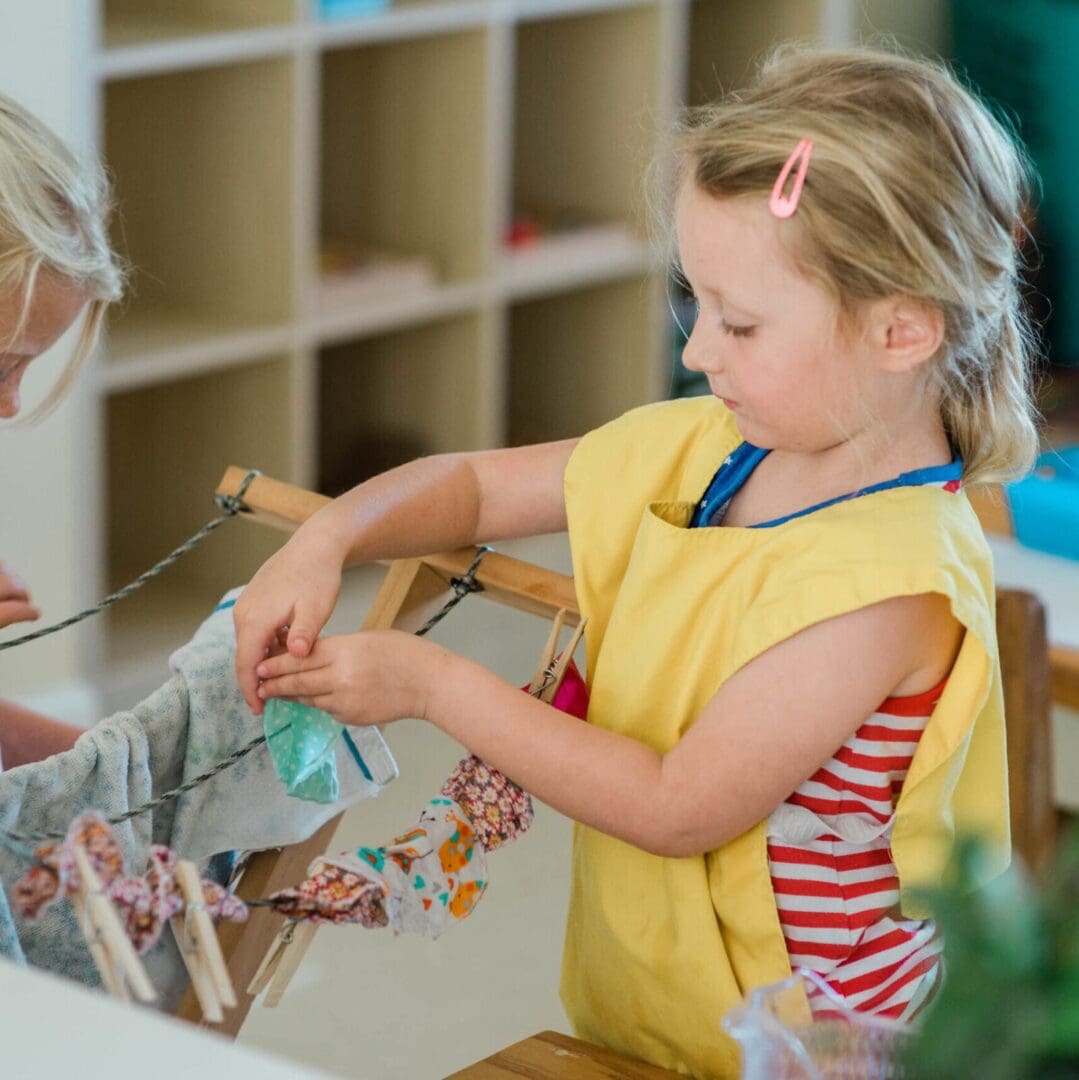
Primary Program (Ages 3-6)
Our Primary program is designed for children 3-6 years old, including kindergartners. The three-year span within the classroom allows children to develop academic, social and emotional skills in a supportive, family-like setting. Older children in the class benefit from helping the younger children, thus reinforcing their own knowledge; younger children benefit by imitating and internalizing skills modeled by their older classmates.
Students have a personalized educational experience based on a combination of their passions and initiative, with the nurturing guidance of teachers. The fully-integrated curriculum and environment are designed to support children’s attraction to language, order and movement by facilitating children’s inherent sense of self-motivation and self-direction. Our campus’s beautiful natural setting provides abundant opportunities to explore and enjoy the outdoors whether on nature hikes, caring for our chickens and gardens or simply lying on the grass:
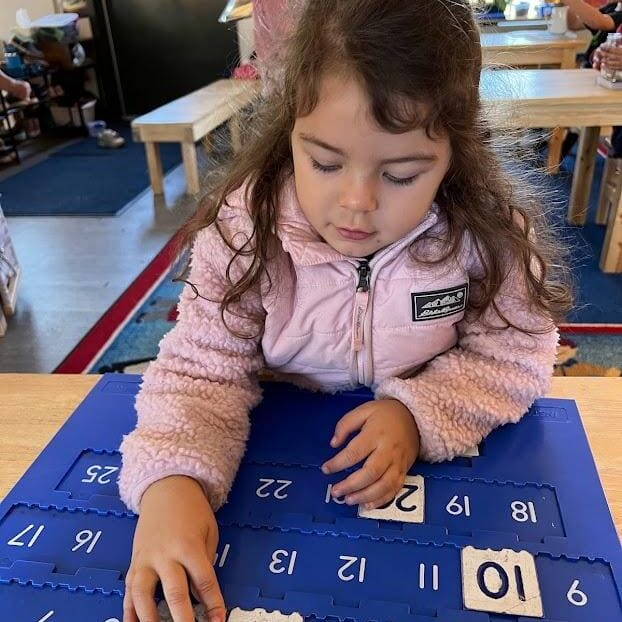
Math
Children this age naturally have mathematical minds with a capacity to reason, calculate and estimate. With an innate fascination with counting, they are tireless counters, counting everything from seashells from the beach or rocks from the playground. Children learn mathematical concepts while manipulating and experimenting with Montessori’s scientifically designed concrete math materials. The materials build on each other, with each succeeding lesson increasing in complexity, leading to many joyful ah-ha moments.
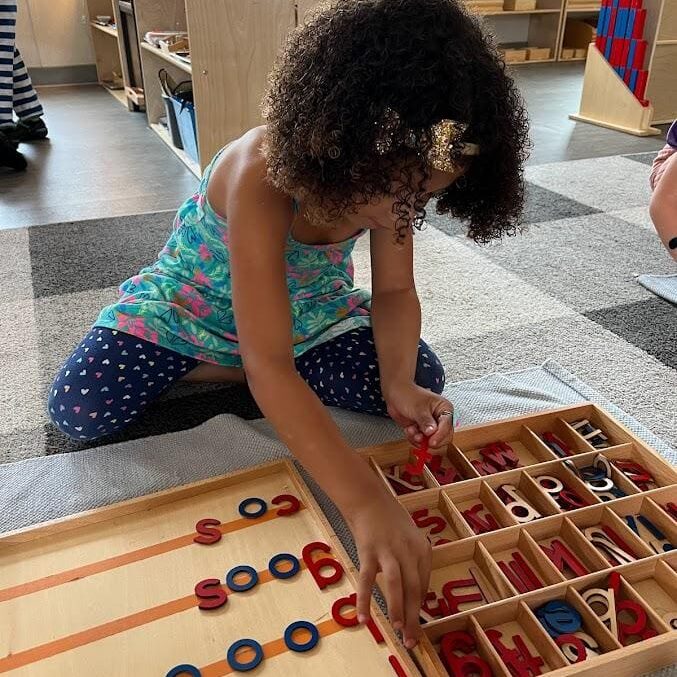
Speech & Language
This is the time for an explosion in language. Seemingly overnight, the children move from using approximately 300 words when they’re 2, to over 1200 words by the age of 4. Language development moves at an accelerated pace, from sound recognition to reading and writing. Throughout the entire Montessori environment the child hears and uses precise vocabulary for all the activities. Language development naturally leads into cultural subjects, extending the child’s vocabulary and working with the child’s fascination of the world.
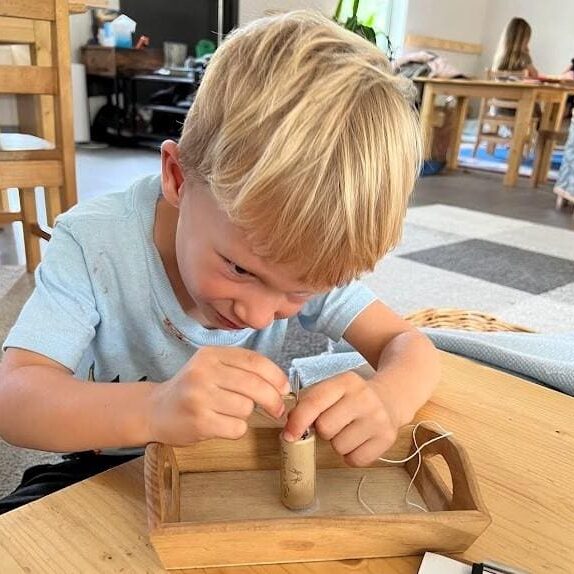
Fine & Gross Motor Skills
Children are allowed freedom of movement to explore and manipulate materials in the classroom. Activities such as pouring, bead stringing and table washing are fun to do while they also develop fine and gross motor skills, hand-eye coordination, a sense of order, concentration and independence. The focus is on the process of doing the lesson for that is where the learning occurs.
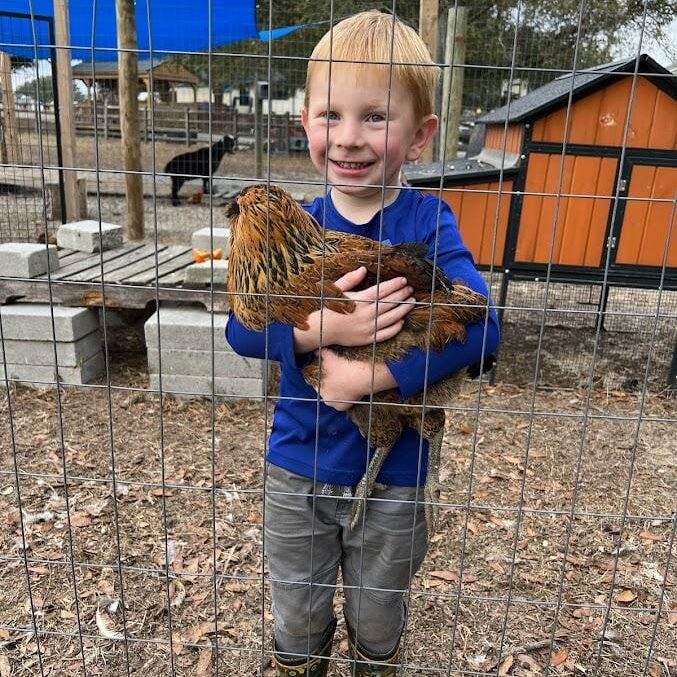
Respect
Through grace and courtesy lessons, children learn to participate peacefully within the classroom community. The freedom to explore is tempered by three basic ground rules that benefit the child today and will be beneficial for a lifetime: respect of self, respect for others, and respect for the environment.
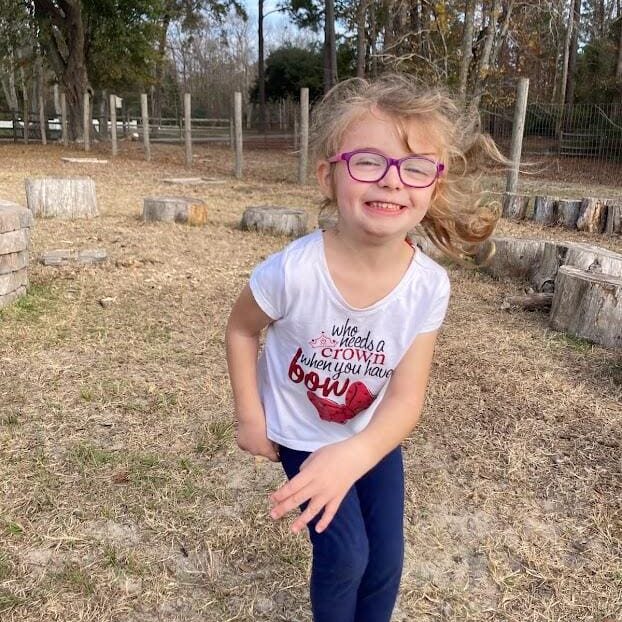
Idependence
Children learn to make good choices by making lots of them. In our Montessori classrooms, children’s need for increased independence is satisfied by providing opportunities to make choices throughout the day, fostering initiative, problem solving, impulse control and confidence.
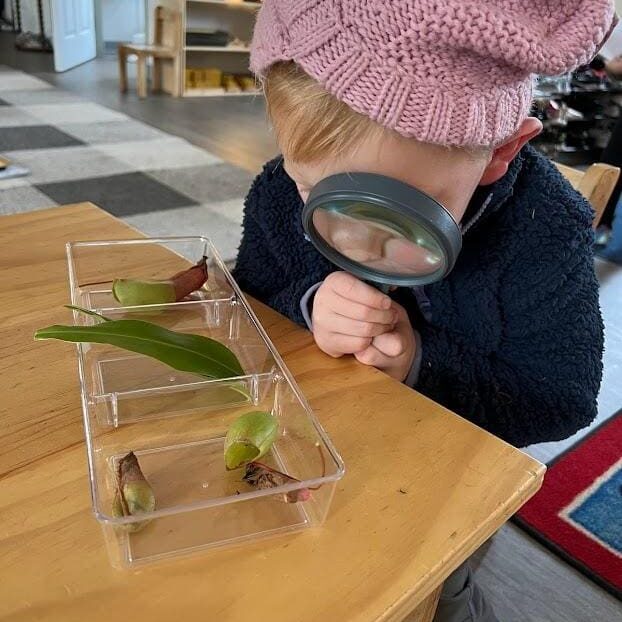
Cultural
Exposure to all aspects of our culture – science, geography, music and art – are part of our integrated curriculum, helping develop well-rounded students.

